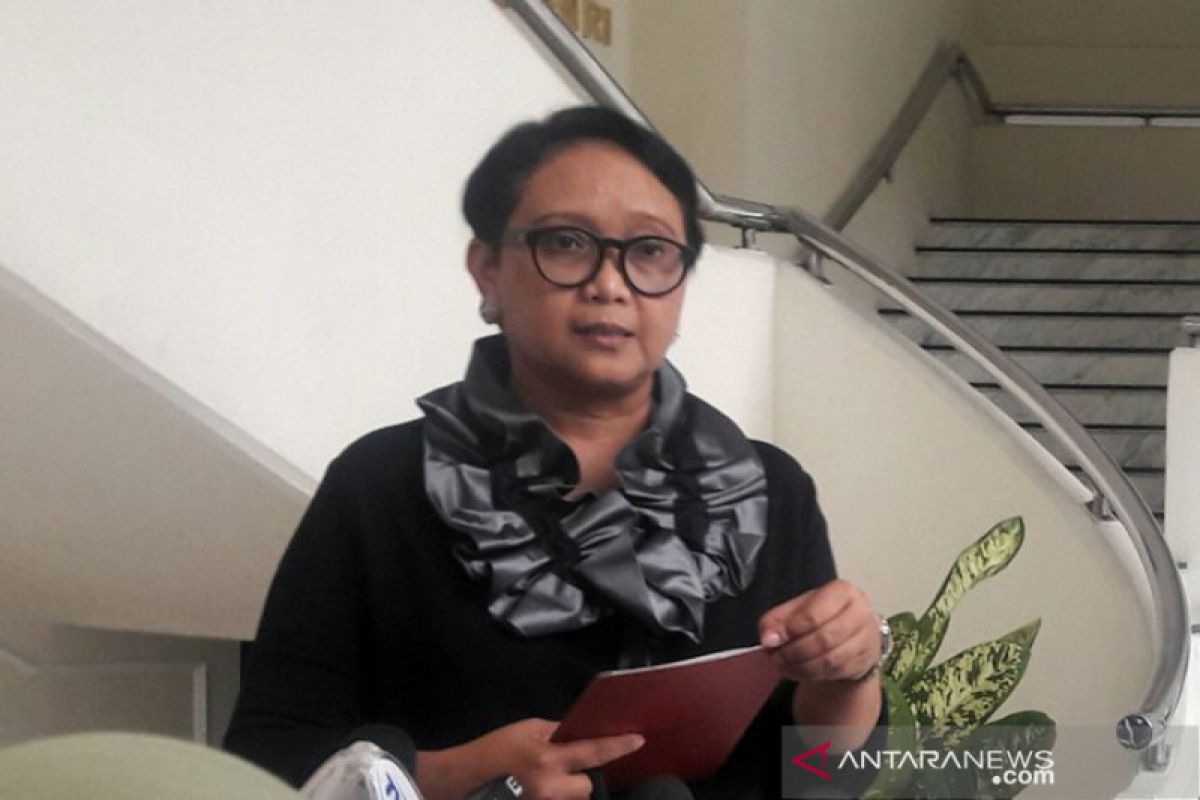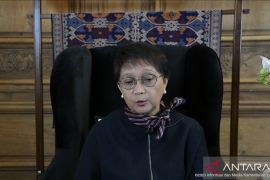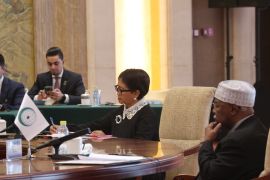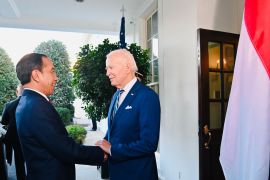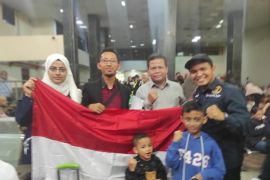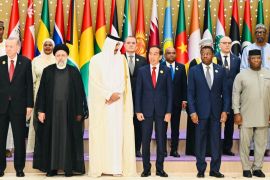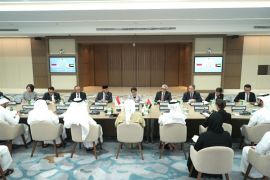AntaraLondon (ANTARA) - Foreign Minister Retno L. P. Marsudi, during a meeting with her Dutch counterpart Stephanus Abraham Blok in the Hague, Friday, (Apr 5), reiterated the palm oil sector's role in helping Indonesia reduce its poverty rate.
During the bilateral meeting at the Netherlands' Foreign Ministry, Marsudi was unequivocal in voicing Indonesia's disappointment to the European Commission's adoption of the delegated act, Political Counselor at the Indonesian Embassy in the Hague Yuliana Bahar stated.
Responding to the adopted delegated act categorizing that "palm oil has generally higher (ILUC) emissions than any other feedstocks for biodiesel," Minister Marsudi drew focus to the need for a balanced discussion regarding palm oil issues, Bahar noted in a press statement received by ANTARA in London on Saturday.
Indonesia views palm oil issues as not solely concerning sustainability but also how to achieve the 2030 Agenda for Sustainable Development and its 17 Sustainable Development Goals, she pointed out.
Indonesia and Malaysia, the world's main palm oil producers, are reeling from the European Union recent ban on palm oil-based biofuels in its member nations, a decision that can have far-reaching repercussions, taking into account the commodity's economic and social significance.
To this end, Indonesia has striven hard in safeguarding its national interests.
While addressing two thousand palm oil farmers of Labuhan Batu in North Sumatra Province while undertaking a visit to the district area on Thursday, Coordinating Maritime Affairs Minister Luhut Binsar Pandjaitan voiced the Indonesian government's position on the EU's ban.
"We all must stand firm against several countries' discrimination against our government in tackling this CPO issue," he noted.
While visiting Labuhan Batu, one of Indonesia's key palm oil producing centers owing to the presence of state plantation company PTPN III, Pandjaitan remarked that Indonesia will take to task all parties posing a hindrance to the nation's palm oil products.
The government has remained steadfast in its commitment to safeguarding the nation's palm oil industries owing to its notable contribution to poverty alleviation efforts and absorption of workforce. Hence, in case the European Union were to implement its ban, the Indonesian government stands ready with various alternatives, comprising lodging a formal protest with the WTO and withdraw from the Paris Agreement.
Both foreign ministers also held discussions encompassing bilateral and multilateral matters, comprising Indonesia's agenda during its presidency of the UN Security Council in May 2019. Minister Marsudi further invited her Dutch counterpart to attend one of the open debates during the Indonesian presidency of the security council, Bahar remarked. EDITED BY INE
Reporter: Zeynita Gibbon, Rahmad Nasutio
Editor: Eliswan Azly
Copyright © ANTARA 2019
